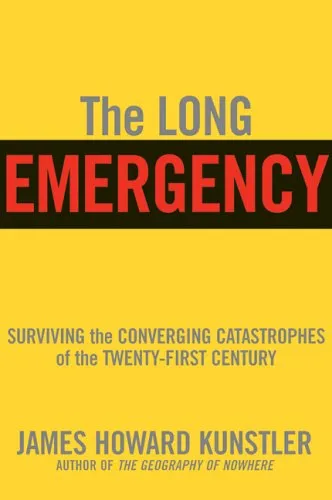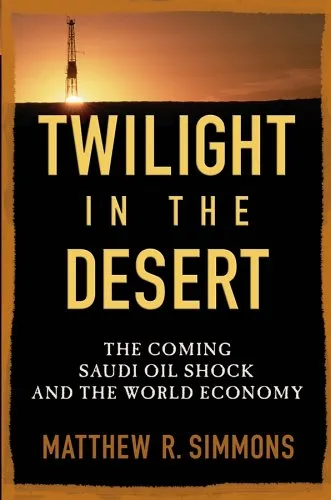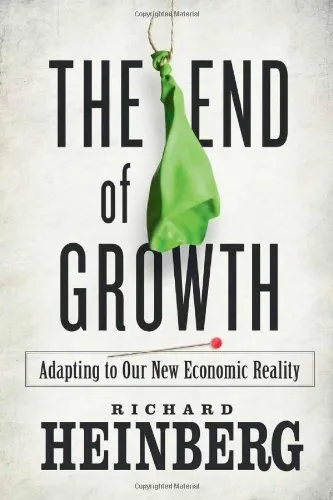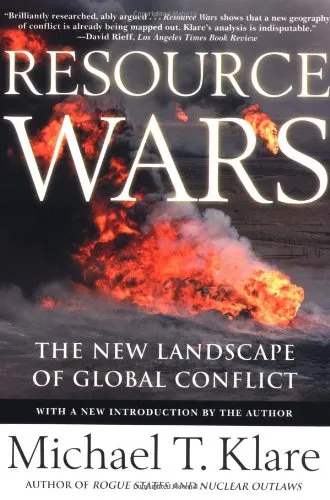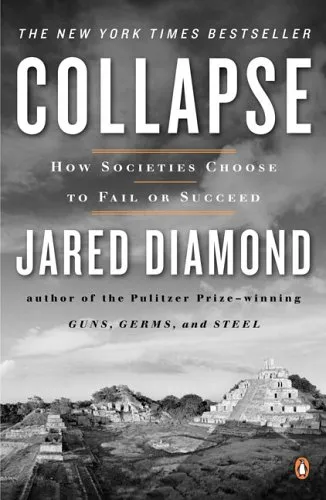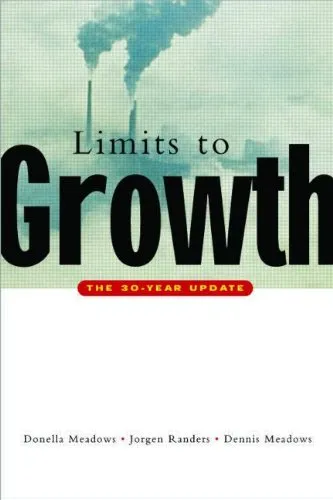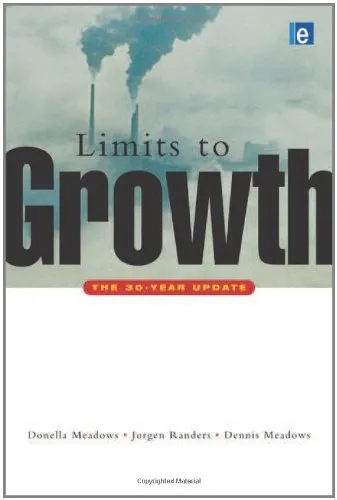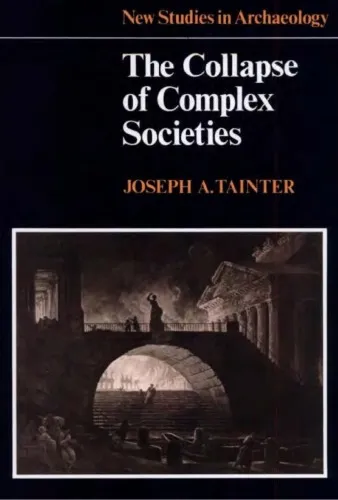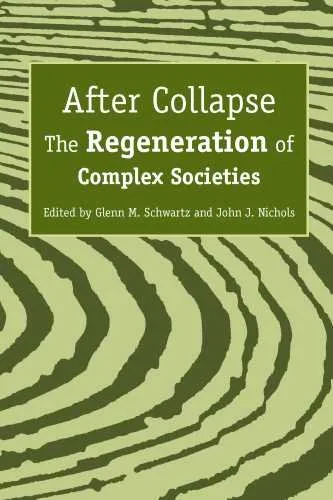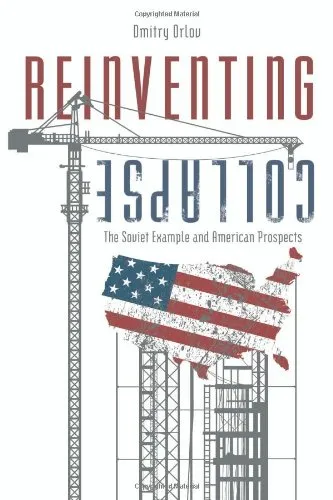Crossing the Rubicon - Decline of the American Empire at the end of the Age of Oil
4.1
Reviews from our users

You Can Ask your questions from this book's AI after Login
Each download or ask from book AI costs 2 points. To earn more free points, please visit the Points Guide Page and complete some valuable actions.Related Refrences:
Persian Summary
Introduction to 'Crossing the Rubicon - Decline of the American Empire at the End of the Age of Oil'
In "Crossing the Rubicon: Decline of the American Empire at the End of the Age of Oil," authors Michael C. Ruppert and Catherine Austin Fitts explore the intricate web of political, economic, and environmental factors that converge as the world faces critical challenges in the 21st century. Engagingly written and meticulously researched, this work offers readers a comprehensive analysis of the profound changes shaping our global society.
Detailed Summary of the Book
The book is a culmination of extensive research into the economic and political underpinnings of the American Empire, focusing on the ramifications of dwindling global oil reserves. Ruppert and Fitts navigate through the geopolitical intricacies of the modern world, with particular emphasis on how the United States has found itself at a critical juncture—likened to Julius Caesar’s crossing of the Rubicon, which led to irreversible change.
Covering pivotal events such as the September 11 attacks and the subsequent War on Terror, the authors argue that these occurrences are symptomatic of deeper systemic issues within the global economy. They assert that the dependence on oil has not only fueled economic growth but also political corruption and conflict.
Within the pages of "Crossing the Rubicon," the systemic collusion between wealth, power, and the government is dissected. The book warns that without a dramatic shift in energy policy and sustainable living practices, the decline of the American Empire is inevitable. The authors call for urgent action to transition to alternative energy sources and advocate for transparency and accountability in governance.
Key Takeaways
- The central thesis revolves around the inevitable decline of an empire heavily reliant on finite resources, notably oil.
- Ruppert and Fitts discuss the inherent connection between energy policies and global political dynamics.
- The book emphasizes the urgent need for systemic reform in economic and political structures to prevent catastrophic decline.
- It outlines the risks associated with ignoring environmental and sustainability challenges.
Famous Quotes from the Book
"The health of America’s economy has become predatory, and this economy is collapsing under the weight of its own voracious appetite for empire and control."
"Crossing the Rubicon illustrates how dependence on finite fossil fuels has intertwined with global politics, leading to an untenable future unless significant changes are made."
Why This Book Matters
"Crossing the Rubicon" is not just a historical and geopolitical exploration; it serves as a clarion call for urgent reconsideration of policies that govern energy consumption and global economic practices. As the world grapples with climate change and scarcity of resources, this book is more relevant than ever.
The authors provide a blueprint for change, urging policymakers, businesses, and individuals to rethink their roles in a rapidly evolving world. Their insights into the ties between energy dependency and empire provide a vital perspective on the urgency required to shift towards sustainable practices.
In essence, the book is a crucial read for those seeking to understand the intricate connections between power, resources, and the future of humanity—a compelling narrative underscored by rigorous analysis and a passionate plea for change.
Free Direct Download
You Can Download this book after Login
Accessing books through legal platforms and public libraries not only supports the rights of authors and publishers but also contributes to the sustainability of reading culture. Before downloading, please take a moment to consider these options.
Find this book on other platforms:
WorldCat helps you find books in libraries worldwide.
See ratings, reviews, and discussions on Goodreads.
Find and buy rare or used books on AbeBooks.
1598
بازدید4.1
امتیاز0
نظر98%
رضایتReviews:
4.1
Based on 0 users review
Questions & Answers
Ask questions about this book or help others by answering
No questions yet. Be the first to ask!

